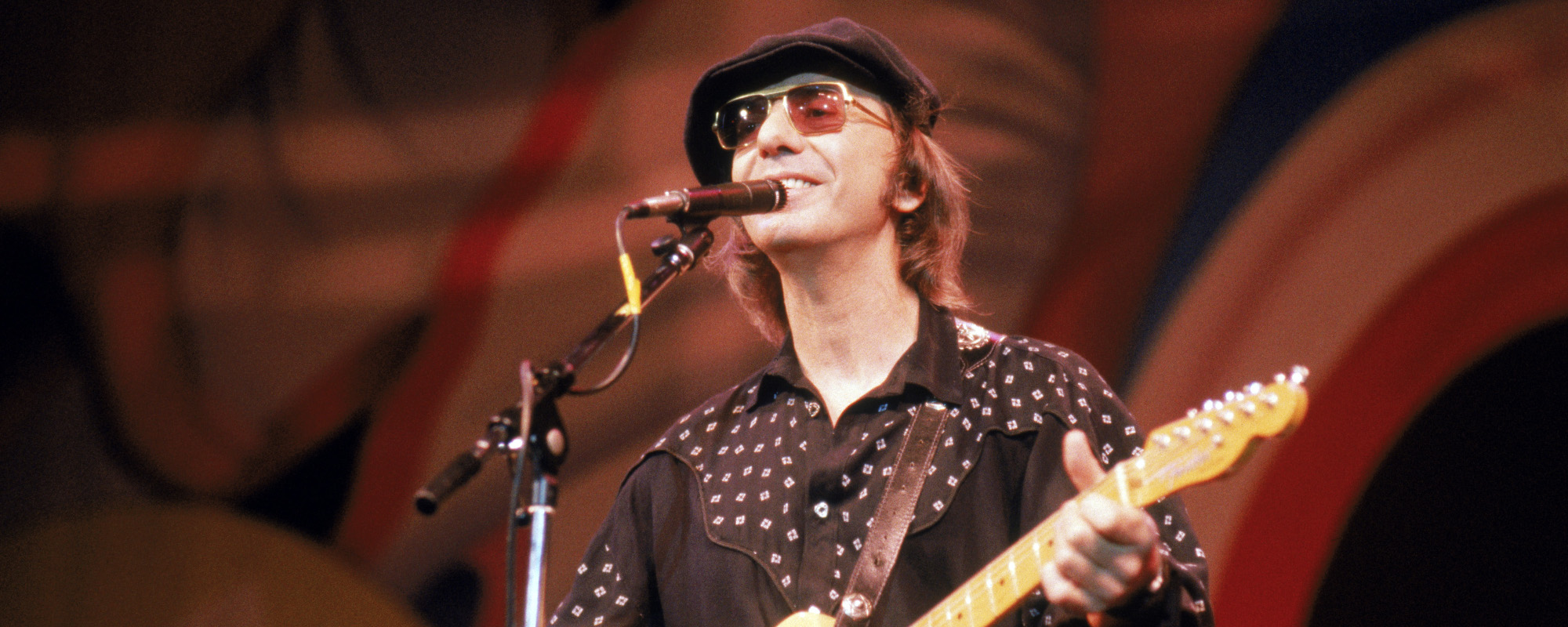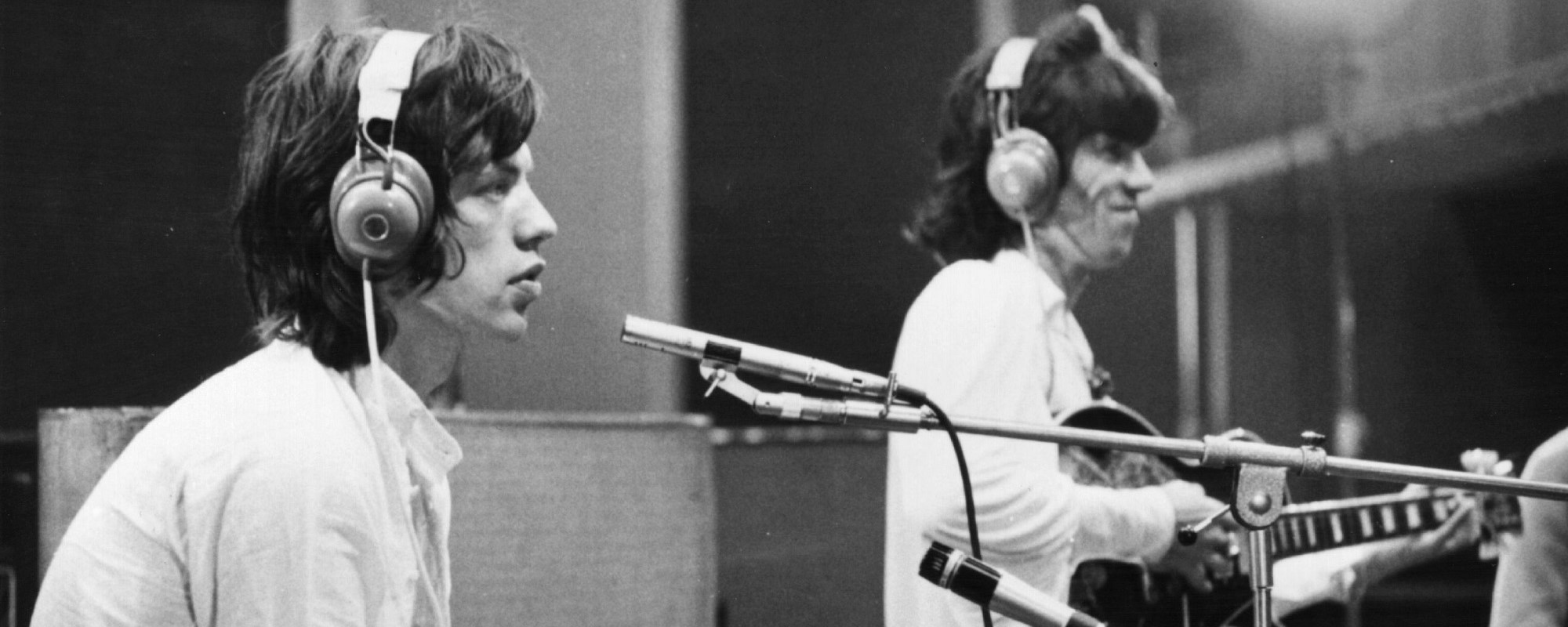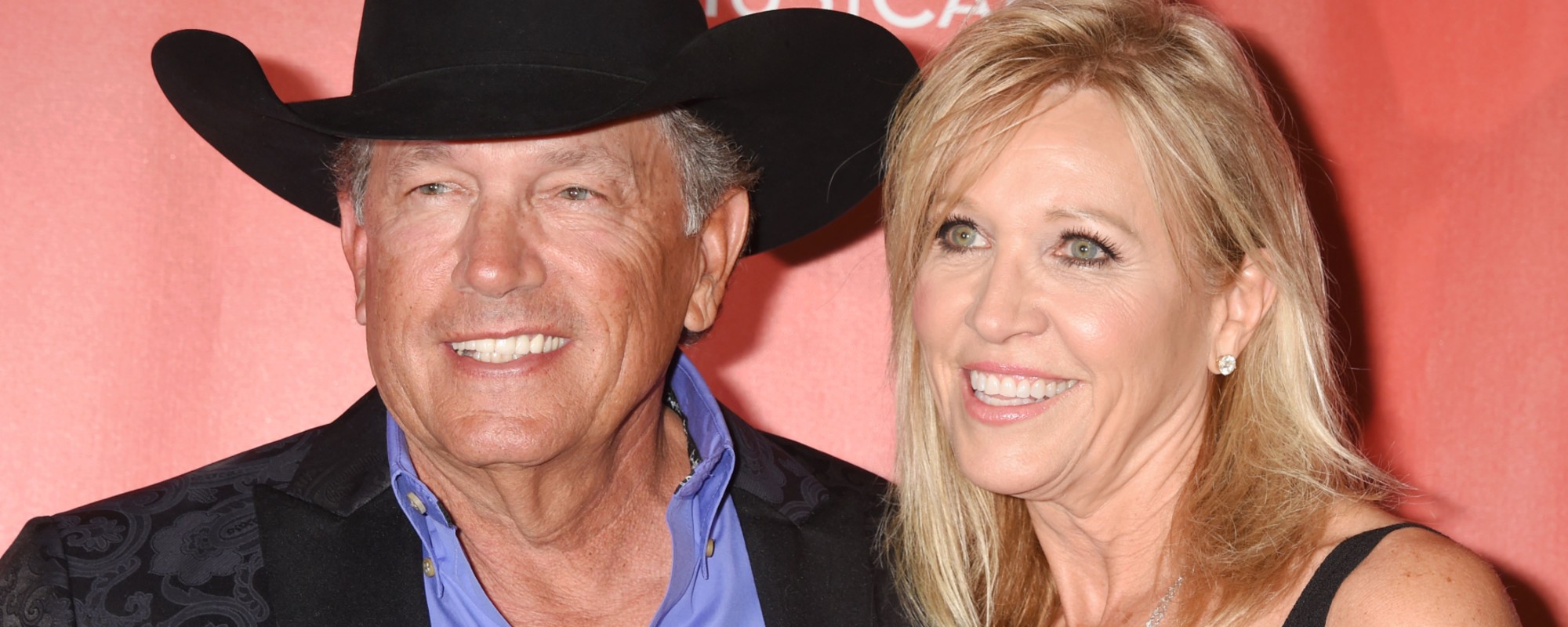In 1974, John Denver was already a successful singer-songwriter. Adored for his signature wire-rimmed glasses, boyish grin, and crystal-clear tenor, Denver had made waves with hits like “Take Me Home, Country Roads” and “Rocky Mountain High.” But when his album Back Home Again soared to No. 1 on the U.S. country album chart on this day in 1974, it confirmed Denver as one of the most unlikely—and successful—crossover artists of the decade.
In addition to Back Home Again topping the country charts, it also went multi-platinum on a string of boundary-busting hit songs.
“Annie’s Song” topped the Billboard Hot 100, the adult contemporary chart, and the country singles chart. “Back Home Again,” the title track, shot to No. 1 on the country chart, cracked the pop Top 5, and won Denver a trophy for CMA Song of the Year in 1975. He also made “Sweet Surrender” a multi-genre hit, reaching No. 1 on the adult contemporary chart and the Top 15 on pop radio.
There was even an Easter egg courtesy of Denver. He tucked the first studio version of “Thank God I’m a Country Boy” inside the track list. The song was a playful anthem. It later exploded in 1975 when a live recording broke through and became one of Denver’s signature songs.
Videos by American Songwriter
Who Says You Can’t Go Home?
However, the story of “Annie’s Song” has become country music folklore. Denver wrote it in just minutes while riding a ski lift in Aspen.
“Suddenly, I’m hypersensitive to how beautiful everything is,” he said in his autobiography Take Me Home. “All of these things filled up my senses, and when I said this to myself, unbidden images came one after the other. All of the pictures merged, and I was left with Annie. That song was the embodiment of the love I felt at that time.”
For Annie Martell, Denver’s first wife and song inspiration, the memory was just as vivid.
“It was written after John and I had gone through a pretty intense time together and things were pretty good for us,” she told American Songwriter. “He left to go skiing, and he got on the Ajax chair on Aspen mountain, and the song just came to him.”
She added later: “Initially, it was a love song, and it was given to me through him. Yet for him it became a bit like a prayer.”
Martell joined Denver on the album cover artwork for Back Home Again.
John Denver Wasn’t a Country Singer, But He Got In Anyway
When Back Home Again topped the country chart in 1974, it was a nod to both Denver’s mass appeal and the evolution of country music. The Country Music Association’s decision to award “Back Home Again” Song of the Year the following year triggered backlash. Some traditionalists didn’t want to honor an artist they considered outside of the country genre.
But Denver’s reach was undeniable. His lyrics were deeply rooted in country tradition — even if his sound leaned on folk melodies and pop arrangements. Audiences embraced him regardless of their location or genre affiliation.
The fall of 1974 was a time of transition in country music. Outlaw artists, including Waylon Jennings and Willie Nelson, were starting to catch on. Industry darlings, including Dolly Parton, Conway Twitty, and Loretta Lynn, dominated the charts. And Denver’s presence on the country albums list beside the artists who had spent their careers knee-deep in honky-tonk and bluegrass — highlighted the genre’s growth.
John Denver’s Music Resonated Outside of Honkytonks
Some music fans thought Denver’s music brought a more universal approach to country storytelling. His songs about family, mountains, and love resonated with Americans who still thought country music was nothing but honkytonks.
Nearly 50 years later, the legacy of Back Home Again is measured by the endurance of its songs. “Annie’s Song” remains a wedding standard worldwide. “Back Home Again” still warms hearts with its vision of family. And “Thank God I’m a Country Boy” continues to be a crowd-pleasing singalong at stadiums and summer festivals.
The anniversary of Denver’s 1974 homecoming is more than a date on a calendar. It’s a reminder of when country music eventually embraced an artist who delivered sincerity and melody, bridged divides between pop and country, city and country, intimacy and universality. John Denver may have arrived in Nashville as an outsider. But with Back Home Again, he proved that country music will let you in if you do the genuine work.
(Photo by Paul Natkin/Getty Images)











Leave a Reply
Only members can comment. Become a member. Already a member? Log in.